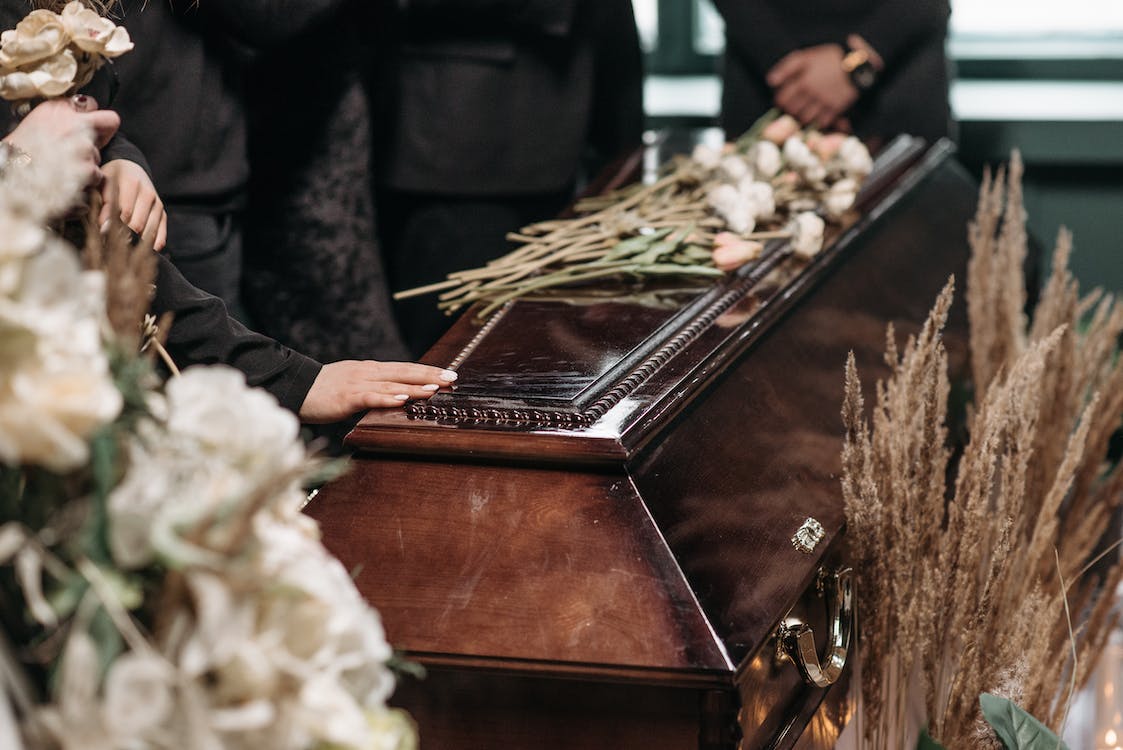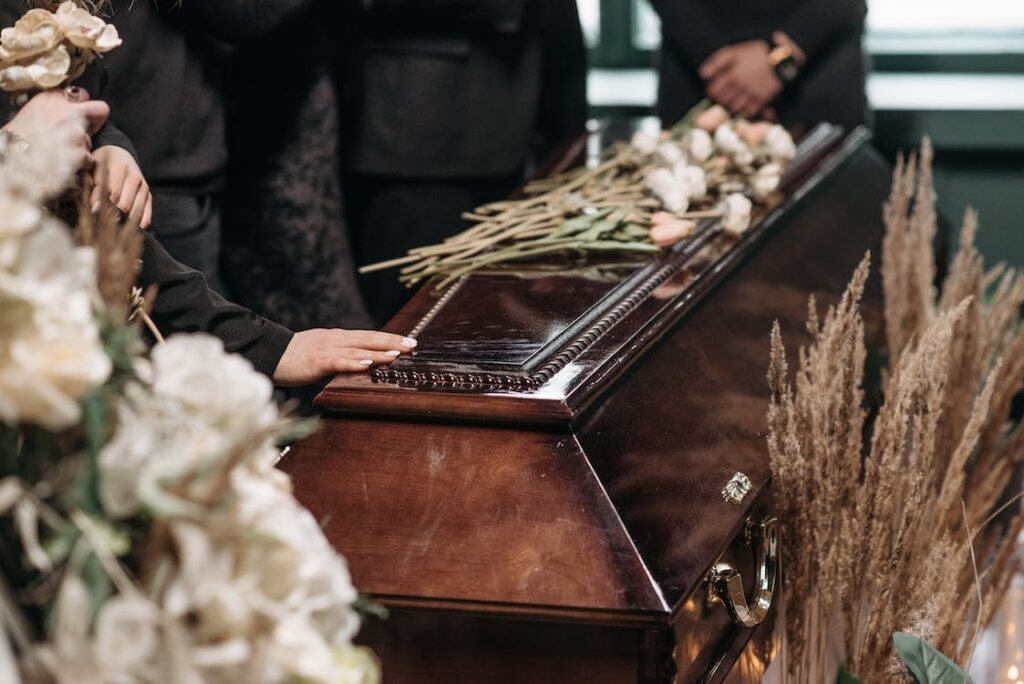
7 Things To Do After The Death Of A Loved One

The death of a loved one can make it hard to think straight. However, there are a lot of tasks that need to be done relatively soon after our loved one has passed away. Below are some of the tasks that need doing and who to contact.
Obtain a medical certificate
A medical certificate is typically issued by a doctor when someone dies. Most people die in hospital or are taken to hospital where a medical certificate is given to loved ones. If they died at home, you may have to contact their GP to obtain a certificate.
Register their death
You must register your loved one’s death within 5 days (8 days if you live in Scotland). Call up your local registry office to book an appointment and bring ID for you and your loved one including their medical certificate. To register a death is free, however you may want to purchase a few death certificate copies to help when notifying creditors and utility providers.
Start the probate process
You should start the probate process as soon as you can after registering the death. Applying for probate, grants the executor or next of kin power to access money or close bank accounts. If your loved one wrote a will, the assigned probate lawyer will then begin the process of checking and authorising the will – this can take 9 to 12 months on average, so don’t expect quick results.
Start the funeral planning process
Once the death is registered, you can also start planning their funeral. Funerals are typically held 1 to 2 weeks after a person’s death, but you don’t have to arrange it this soon. It’s worth hiring a funeral director to help organise the funeral. Check whether your loved one left behind funds or took out life insurance to fund the funeral before you pay for it out of your own pocket.
Notify their bank and everyone they pay
A week or two after your loved one has died, you may want to consider notifying their bank and all their payees. You will need ID belonging to you and your loved one to do this, as well as a death certificate. There is a site that you can use called the Death Notification Service to notify all of a person’s bank at once. This will freeze all of their bank accounts so that no money can come out. Notifying creditors, insurers and utility providers can be a little more difficult – you may need to collect their mail and contact each payee individually. Having access to their email account could also be useful for cancelling certain subscriptions.
Decide what to do with their property
If you have been given access to their property, you will then need to decide what to do with this property. This could include their home and possessions. Sorting through possessions will typically require the help of other loved ones. If your loved one owned their home, you will need to decide whether to sell it or keep it – you should factor in inheritance tax.
Give yourself time to grieve
It’s important to allow yourself time to come to terms with your loved one’s death. This could involve taking time off work and taking a break from the distractions of funeral planning and probate so that you can accept what has happened. Eventually you will have to face your emotions – it is better to do this in your own private time than to let these emotions burst out at a later inappropriate time (such as having a breakdown in front of a customer at work).





One Comment
Kaz
While I don’t have to do these things, this post came at a strange time. 6 days ago my uncle passed away from terminal cancer. My aunt is going through this process. I have been through this process. Having this as a guide for future reference will help so much. Thank you x